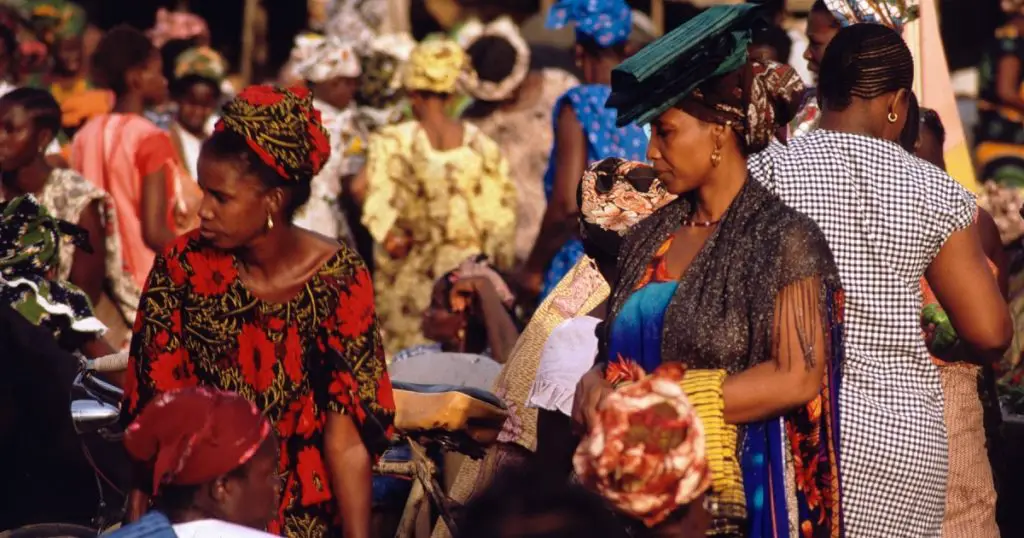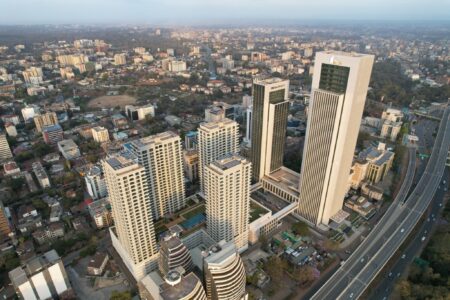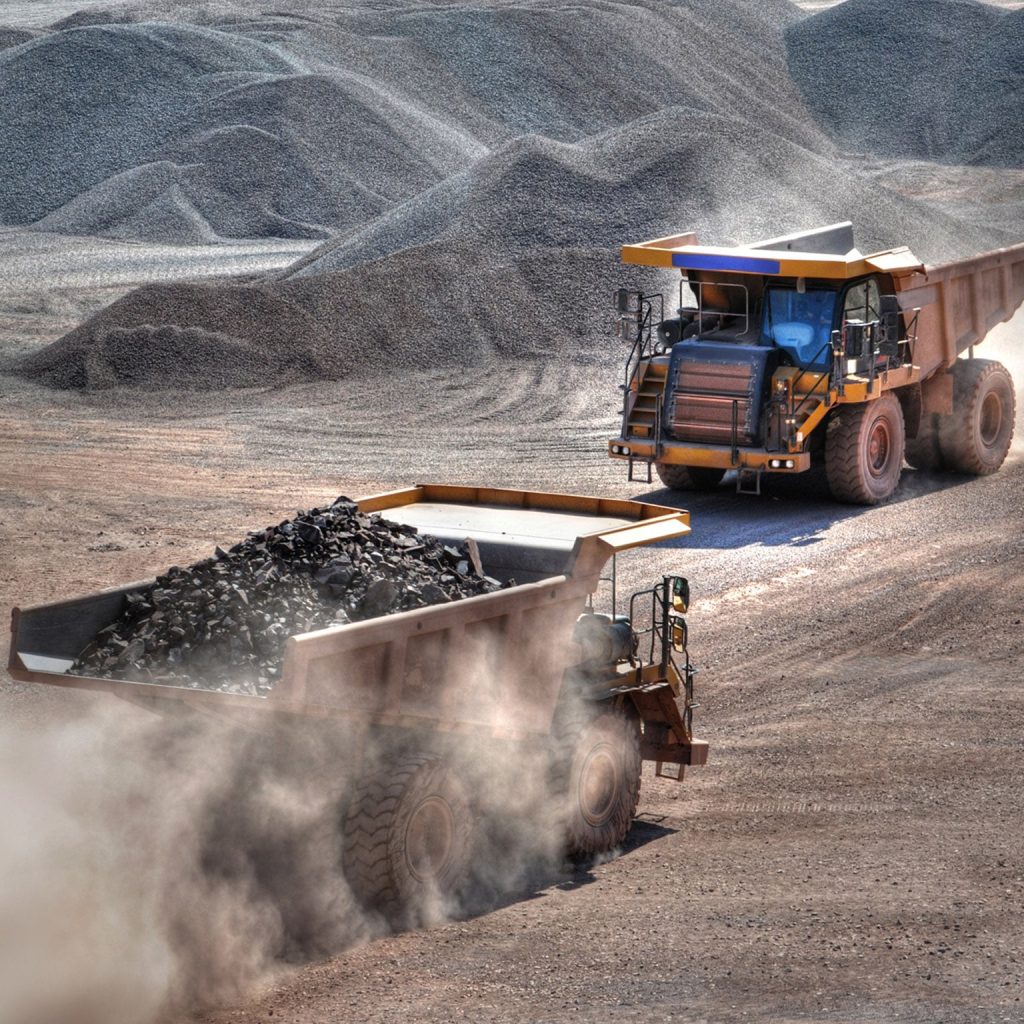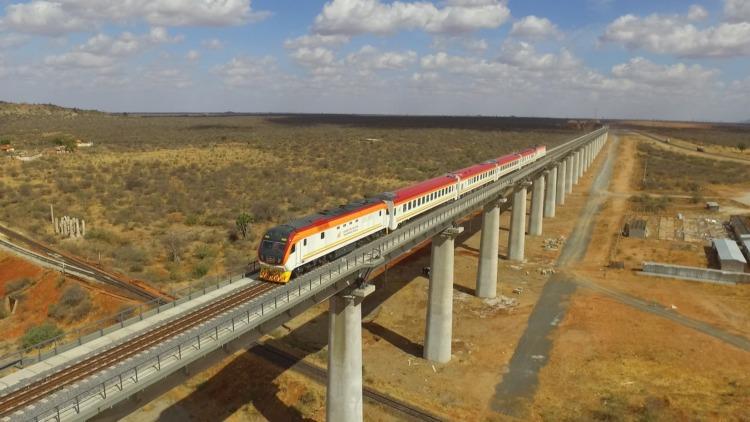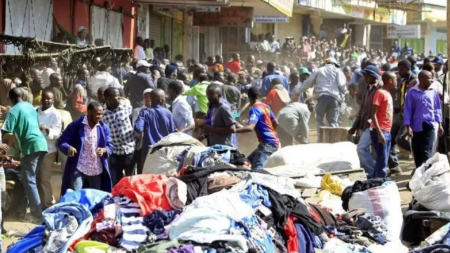- Sub-saharan Africa now faces new economic growth challenges, compounded by the Russian invasion of Ukraine
- A World Bank report estimates growth at 3.6 per cent in 2022, down from 4 per cent in 2021 as the region continues to deal with new COVID-19 variants, global inflation, supply disruptions and climate shocks
- Resource-rich countries, especially their extractive sectors, will see improved economic performance due to the war in Ukraine, while non-resource-rich countries will experience a deceleration in economic activity
As the Sub-Saharan African economy struggles to recover from the 2020 recession induced by the COVID-19 (coronavirus) pandemic, the region now faces new economic growth challenges, compounded by the Russian invasion of Ukraine.
The World Bank’s latest Africa’s Pulse, a biannual analysis of the near-term regional macroeconomic outlook, estimates growth at 3.6 per cent in 2022, down from 4 per cent in 2021 as the region continues to deal with new COVID-19 variants, global inflation, supply disruptions and climate shocks.
Adding to the region’s growth challenges are rising global commodity prices, which are increasing at a faster pace since the onset of the conflict between Russia and Ukraine.
As top world exporters of food staples, Russia—the world’s largest exporter of fertilisers—and Ukraine account for a substantial share of wheat, corn and seed oil imports, all of which may be halted if the conflict persists.
While Sub-Saharan economies are also likely to be impacted by the tightening of global conditions and reduced foreign financial flows into the region, the analysis notes that the high fuel and food prices will translate into higher inflation across African countries, hurting poor and vulnerable citizens, especially those living in urban areas.
One point of concern is the increased likelihood of civil strife because of food and energy-fuelled inflation, particularly in this current environment of heightened political instability.
“As African countries face continued uncertainty, supply disruptions and soaring food and fertiliser prices, trade policy can potentially play a key role by ensuring the free flow of food across borders throughout the region. Amid limited fiscal space, policymakers must look to innovative solutions such as reducing or waiving import duties on staple foods temporarily to provide relief to their citizens,” said Albert Zeufack, World Bank Chief Economist for Africa.
Ukraine invasion a clarion call for Africa
The analysis notes that recovery remains uneven, incomplete and is happening at varied rates of speed across the region.
Of the region’s three largest economies—Angola, Nigeria, and South Africa—growth in South Africa is expected to decline by 2.8 percentage points in 2022, dragged by persistent structural constraints. Angola and Nigeria are expected to continue their growth momentum in 2022, up by 2.7 and 0.2 percentage points respectively, in part due to elevated oil prices and good performance in the non-oil sector.
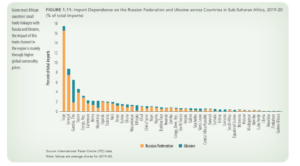
(% of total imports). Photo: World Bank.
Resource-rich countries, especially their extractive sectors, will see improved economic performance due to the war in Ukraine, while non-resource-rich countries will experience a deceleration in economic activity.
Excluding Angola, Nigeria and South Africa, regional growth is projected at 4.1 in 2022, and 4.9 per cent in 2023.
The Eastern and Southern Africa subregion shows sustained recovery from the recession, at 4.1 per cent in 2021, down to 3.1 per cent in 2022 and settle around 3.8 per cent in 2024.
The DRC and Zambia are expected to benefit from rising metal prices in the short and medium-term and gain from the transition away from fossil fuels in the long term. Rwanda and Seychelles are expected to register the biggest decline in 2022, down by 4.1 per cent, and 3.3 per cent respectively.
The Western and Central Africa subregion is projected to grow 4.2 per cent in 2022 and 4.6 per cent in 2023. Excluding Nigeria, the subregion is projected to grow at 4.8 per cent in 2022, and 5.6 per cent in 2023.
The growth trajectory for Cameroon, which has a somewhat diversified economy, shows sustained robust performance, reaching 4.4 per cent in 2024.
Zimbabwe: An unlikely victim of the Russia-Ukraine crisis
The Ghanaian economy is projected to pick up pace in 2022, growing by 5.5 per cent, then slowing gradually to 5 per cent in 2024, lower than the 7 per cent pre-pandemic growth.
The report also highlights the importance of expanding social protection programs beyond safety nets to strengthen economic resilience and responsiveness to shocks, particularly for poor and vulnerable households. Recommendations include developing social insurance, savings and labour market programs that contribute to economic resilience by protecting urban informal workers and helping the population invest in their health and education.
Africa refuses to be a pawn in US-Russia tensions





